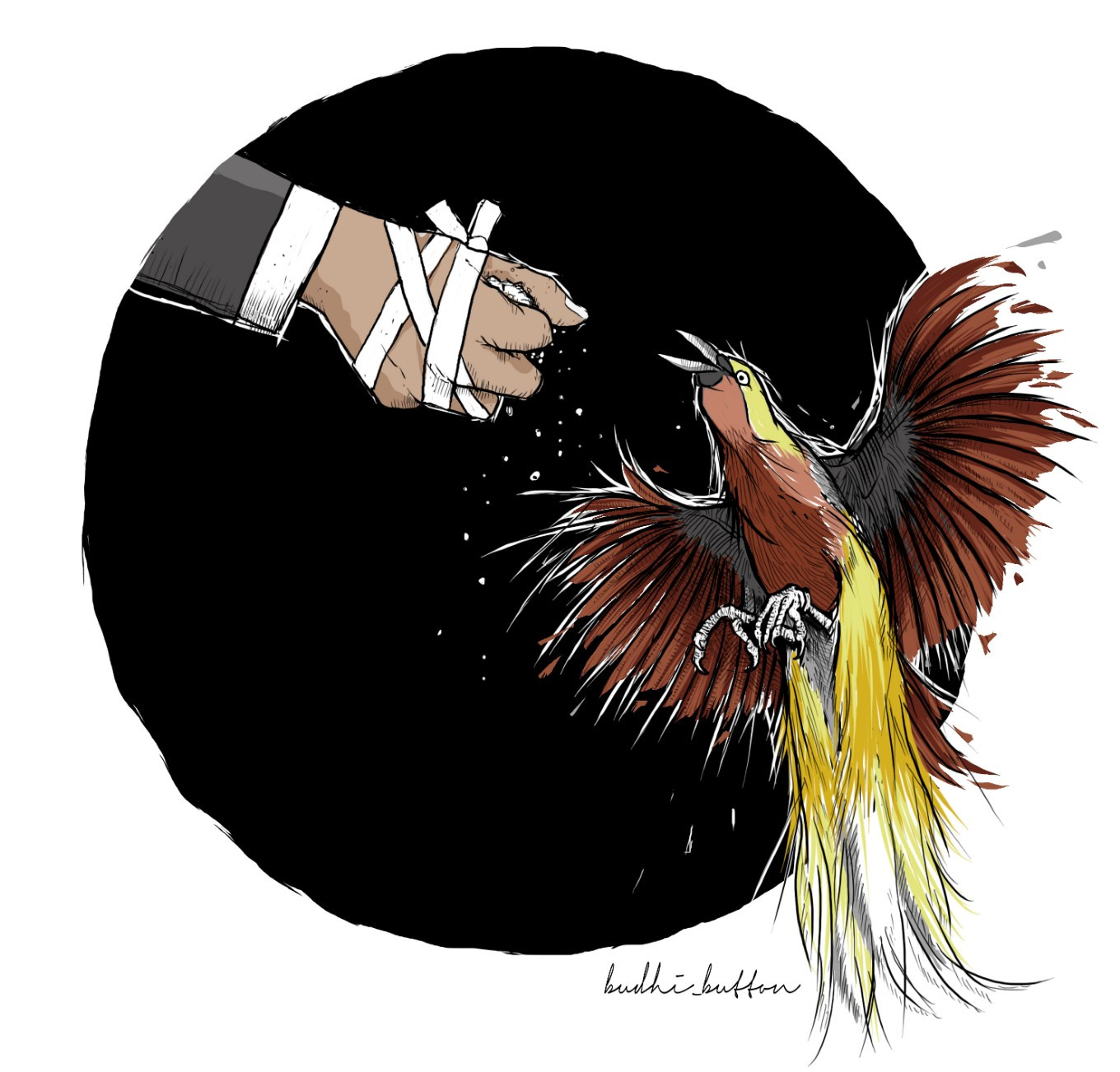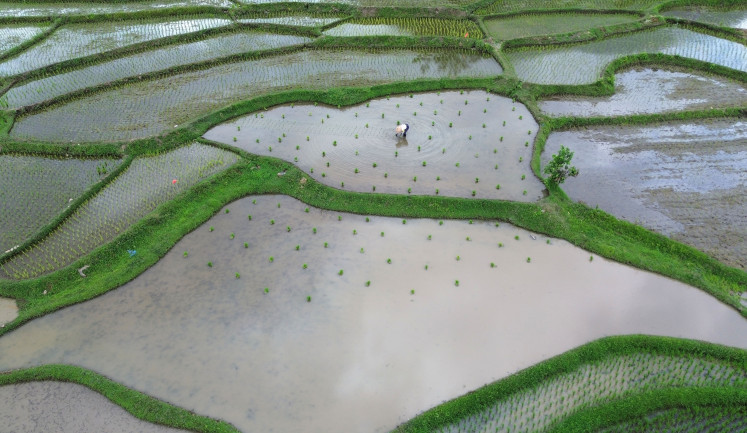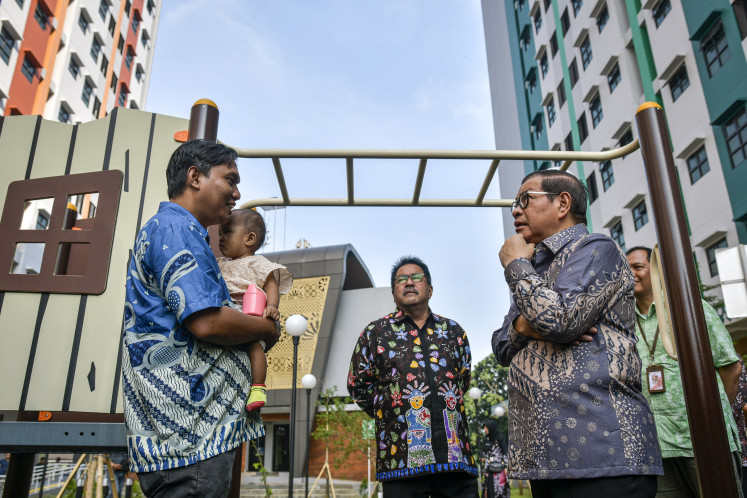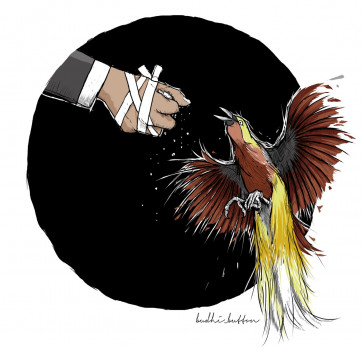Popular Reads
Top Results
Can't find what you're looking for?
View all search resultsPopular Reads
Top Results
Can't find what you're looking for?
View all search resultsWhen special autonomy funds for Papua end
A comprehensive evaluation would reveal why Otsus failed to end the conflict and provide insight for improving on future strategies.
Change text size
Gift Premium Articles
to Anyone
T
he Papua conflict, among the longest in Asia, has continued for over five decades, with many lives lost as well as material losses. A decade ago under Muridan Widjojo (now deceased), the Papua Research Team of the Indonesian Institute of Sciences (LIPI) published the Papua Roadmap: Negotiating the Past, Improving the Present, and Securing the Future, which was then updated in 2017.
The roadmap identified four roots of the problems in Papua: marginalization and discrimination against indigenous Papuans, development failure, contradiction between history and political identity, and lack of accountability for past state violence against Indonesian citizens in Papua.
Though not entirely new, these findings confirmed that the Papua conflict, however small in scale compared to, for instance, the past armed conflict in Aceh, was extremely complicated and certainly not easy to resolve.
The government has adopted various strategies to end the conflict, ranging from the security approach to special autonomy, particularly the “Otsus” (Special Autonomy for Papua Province) policy since the administration of president Megawati Soekarnoputri. The Otsus Law grants special authority for Papua — and later, West Papua province — to regulate and manage the needs and interests of Papuans based on local initiatives and to protect the basic rights of Papuans.
Since 2002, the government has also disbursed the special autonomy fund to the provinces, coupled with additional infrastructure funds of up to Rp 110 trillion (US$7.67 billion) This special autonomy fund has increased consistently every year, starting from only Rp 1.3 trillion in 2002 for Papua — when West Papua was not yet established — to approximately Rp 8.1 trillion for the two provinces in 2019, according to the Finance Ministry.
This flow of cash, however, will end in the next two years in accordance with Article 34 of Law No. 21/2001, which states that the special autonomy fund is only valid for 20 years. So what should the government do before this special autonomy fund terminates in 2021?
A good start would be to comprehensively evaluate the funding scheme and the implementation of special autonomy in Papua and West Papua. An assessment is crucial to uncovering conclusive answers as to why the long and expensive special autonomy efforts have failed to bring about significant changes in Papua.


















